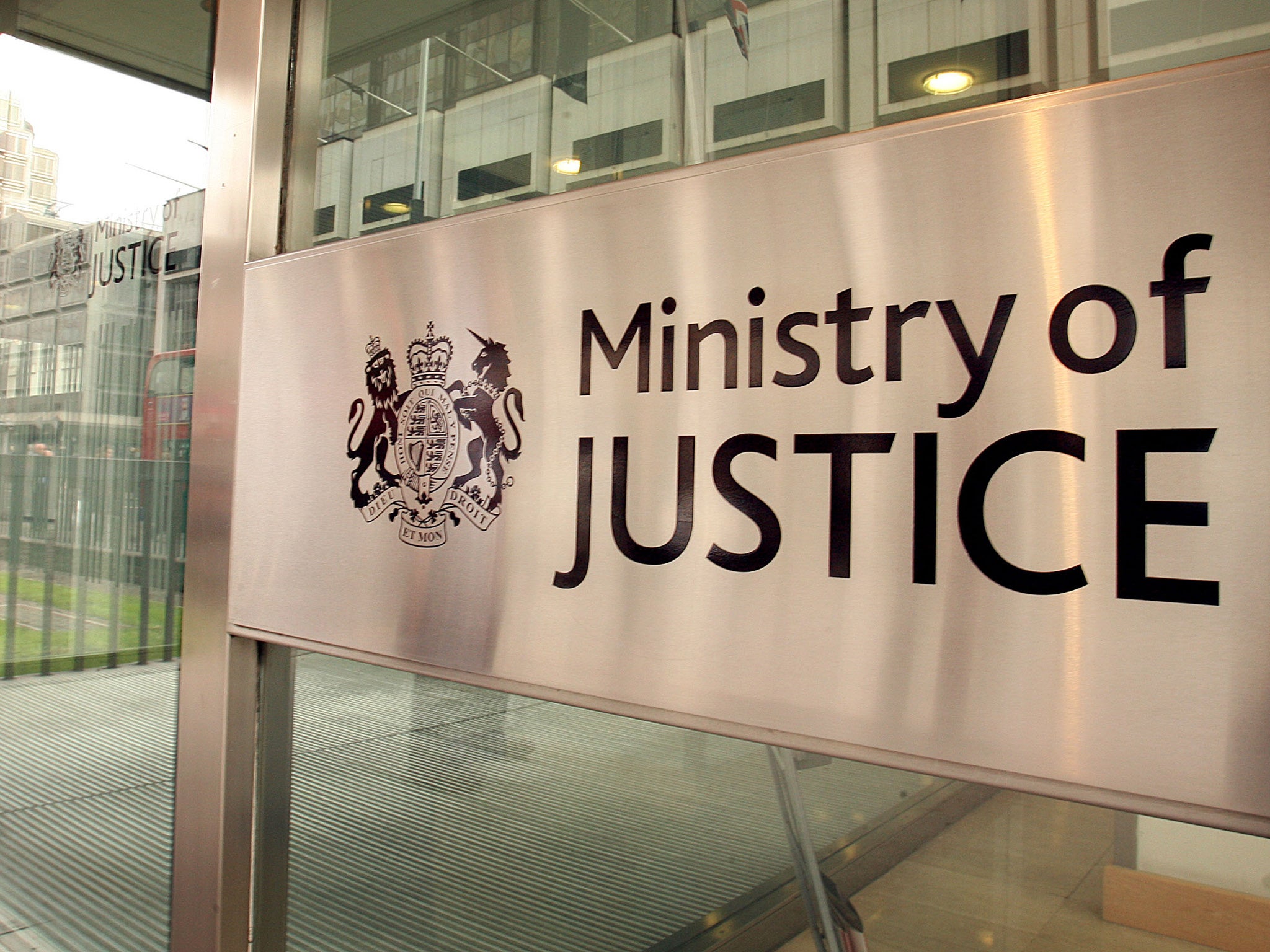Children suffer as cuts to legal aid penalise parents in court
Outcomes may be unfair when one can afford legal representation and one cannot, say magistrates

Almost half of all parents fighting to get access to their children through the courts are being made to do so without legal advice, family magistrates warn today.
A survey of nearly 500 justices reveals that 46 per cent of the people seen by magistrates in private family courts are now representing themselves.
Almost of all of the magistrates questioned said they believed that self-representation was having a negative impact on the court’s work – leading to delays and potential unfairness if one parent is legally represented but the other is not.
“We and our legal adviser do our best, but time is not on our side,” one magistrate said.
“An impossible two-tier system has been created, between those that have [legal advice] and those that don’t.’
The rise in self-representation comes as a result of changes to legal aid provision, which came into effect in April 2013, means that many more people are no longer eligible for financial support in family court proceedings.
Between December 2012 and December 2013, the number of self-represented parties in child-related cases rose by 40 per cent.
The Government maintains that self-representation is no barrier to justice, but this is now being questioned by magistrates.
The survey for the Bureau of Investigative Journalism and The Independent on Sunday, in partnership with the Magistrates’ Association, surveyed a sample group of 461 magistrates sitting in a variety of courts across the UK.
The survey found:
* 46 per cent of those seen by magistrates in the private family courts represented themselves;
* 97 per cent of magistrates who saw a person representing themselves believed that such self-representation had a negative impact on the court’s work;
* 62 per cent of magistrates said litigants in person had a negative impact on the court’s work most or all of the time.
One respondent replying to the survey said: “In family [courts], if one side is represented and the other not, it makes it very difficult to have a fair hearing, as litigants in person find it difficult to cross-examine and don’t understand the process.”
Another added: “Justice is limited to those who can afford it.”
Steve Matthews, chair of the Magistrates’ Association’s Family Courts Committee, said there was unfairness across the system. “Savings in legal aid costs on family cases disadvantages those people unable to afford lawyers, and risks injustice for children,” he said.
“It is evident to every family magistrate that the rise in litigants in person in private-law children cases is having a profound effect on the effectiveness of court operations.
“This is echoed by all other family judges,’ Mr Matthews added.
Bill Waddington, chair of the Criminal Law Solicitors’ Association, said: “Family courts are an absolute disgrace. People are representing themselves, so cases that should take an hour take a day.”
Fiona Weir, chief executive of the charity Gingerbread, which supports single parents, said the charity had seen a marked increase in legal enquiries. “The cuts to legal aid have had a significant impact on single-parent families,” she said.
“We have had hundreds of calls from parents who cannot get legal aid and may now have to represent themselves in court.”
Jerry Karlin, chair of Families Need Fathers, said: “It is often the only option left available to them to stand a chance of maintaining a relationship with their children.
“Representing yourself in court can be incredibly challenging for parents caught up in emotional, high-conflict separations, and the stress of these situations means that not all parents are able to present their case effectively. If these parents have trouble speaking in public, or speak English as a second language, their difficulties can be compounded.”
A Ministry of Justice spokesperson defended the situation. “Not only do we have one of the most expensive legal aid systems in the world, but we had reached a situation where court was the default option no matter whether it was best suited to resolve the issue before it,” he said.
“Legal aid remains available where people most need legal help and we are putting more money into mediation as it is less stressful, less expensive and more successful for people trying to resolve disputes about children or money. We listened closely to concerns raised about family justice’s legal aid reform and made further changes in response, like making it easier for people to get the evidence they need to make their legal aid claim.”
Part of the Bill introducing the changes to legal aid also created the Exceptional Case Fund, designed to hear applications for those who might still be eligible for financial support even if they no longer fit the legal aid criteria.
Analysis of Ministry of Justice statistics reveals that between 1 April 2013 to 31 March 2014, there 1,519 requests for exceptional funding. Over half of those applications were for funding in family law cases. Of those 828 applications made on family law issues, fewer than 1 per cent were granted.
Subscribe to Independent Premium to bookmark this article
Want to bookmark your favourite articles and stories to read or reference later? Start your Independent Premium subscription today.

Join our commenting forum
Join thought-provoking conversations, follow other Independent readers and see their replies